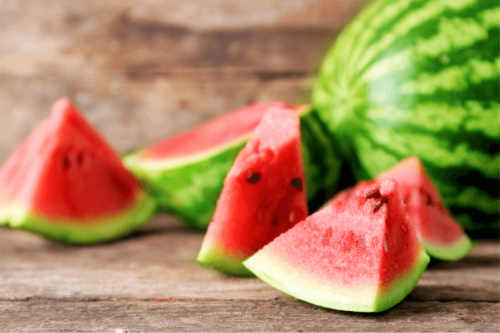Whether it’s late night munchies or mid-morning grazing, we’re all prone to snacking on occasions. But if you’re often hungry and constantly nibbling, those snacks can soon stack up. Even if you’ve made healthy choices, excessive snacking will lead to weight gain as your body stores the excess calories as fat. If you’re serious about shedding fat and improving your health, you need to snack smart. That means eating the right foods at the right times and in the right quantities. Here’s how:
Make a meal schedule
Due to a hectic lifestyle, many people eat at irregular intervals throughout the day. This leaves them more susceptible to snacking when hunger sets in. If possible, aim to eat at the same time each day. Schedule in at least three meals and two snacks consisting of healthy, nutritious foods. Fuel your body with lean protein, fibre, complex carbohydrates and good fats. Junk food, including sweets, crisps and chocolate, are laden with empty calories and devoid of essential nutrients. These should be avoided at all costs.
Keep your diet varied
If you constantly feel the urge to eat between meals, you might need more vitamins and minerals in your diet. Chocolate cravings, for example, can be a sign of magnesium deficiency. To fix it, try eating nuts, veggies and seeds. Sugar cravings may indicate phosphorous, chromium or tryptophan deficiencies. These nutrients are found in lean meat, fruits and vegetables. If you crave bread and pasta, opt for high-protein foods like chicken, turkey and fish. A varied diet containing all the food groups can help prevent nutritional deficiencies and curb unhealthy cravings.
Focus on your food
Watching TV, listening to music or talking on the phone during your meal can lead to overeating. Be mentally present when you snack. Focus on your food and avoid distractions. Enjoy every bite and treat each snack like a meal. This will help prevent mindless munching and keep you full for longer.
Watch your eating patterns
When are you most vulnerable to snacking? Many people find that cravings occur when they come home from work, before bedtime or while watching TV. Some eat when they’re angry, sad or excited. Everyone follows a pattern. If you find yourself eating too much, try to figure out when and why you’re doing it. What triggers the urge to snack at night or after work? If it’s not hunger, what is it? Are you stressed out, bored or irritated? Once you identify your triggers, you can take measures to mitigate them.
Up the protein
A diet that’s too low in protein will leave you prone to hunger and cravings. Protein’s appetite-suppressing properties can reduce the urge to scoff sugary treats. This essential nutrient is found in lean meat, fish, nuts, dark leafy greens and pulses. You can also try supplementing your diet with whey protein, which can be enjoyed as a healthy shake between meals. Try a protein powder such as Healthy Whey, which contains 20 grams of protein per serving, complemented by magnesium, vitamin B6, vitamin D and zinc. Your body needs these nutrients to recover and function at its peak.


Avoid temptation
One of the most effective ways to curb snacking is by keeping healthy foods at hand. When your fridge is packed with fruit and veg, you’re less likely to overeat. After all, how many times have you binged on apples and cottage cheese? On the other hand, it’s easy to overindulge on crisps, sweets and cake, which are loaded with sugar and flavour enhancers.
Snacking isn’t bad, but snacking too frequently or on the wrong foods can derail your diet. Thankfully there’s a wealth of healthy options that will fuel your body and keep you fuller for longer. Fill your cupboards with these and make junk food binges a thing of the past.







